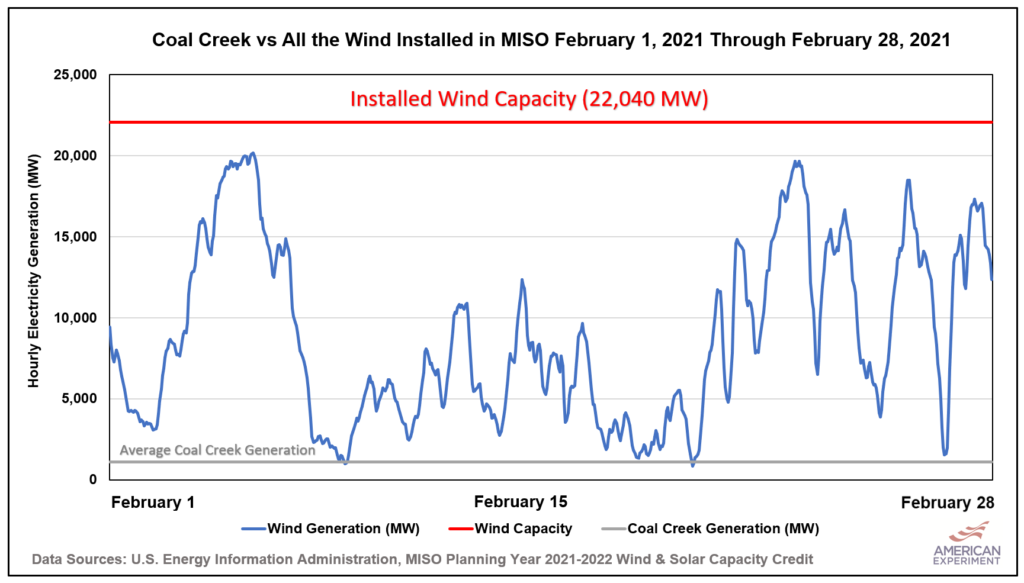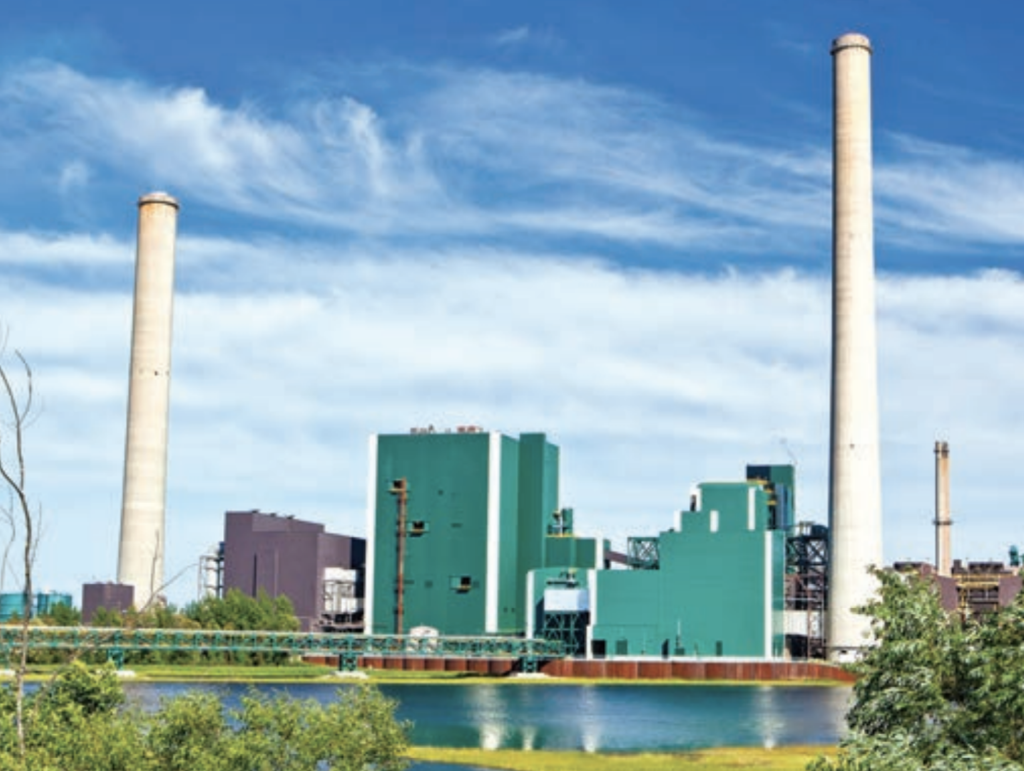Court rules Wisconsin natural gas plant is better than “renewable” alternatives
On Monday, the Minnesota Court of Appeals unanimously ruled that Minnesota Power’s proposed natural gas plant, located in Superior, Wisconsin, is better for its customers than a combination of wind and solar power.
This won’t surprise any of our regular readers, but it is a devastating defeat for wind and solar advocacy groups like the Sierra Club and the Minnesota Center for Environmental Advocacy, who opposed the plant.
Judge Louise Dovre Bjorkman wrote:
“Minnesota Power and the (Minnesota Department of Commerce) offered extensive evidence and analyses showing that the transition away from coal and toward intermittent renewable resources impairs reliability and could increase reliance on energy markets, thereby increasing costs,”
“Their analyses also demonstrated that NTEC addresses these concerns, providing a more reliable and lower cost (including environmental costs) source of energy than the equivalent renewable resources. Accordingly, substantial evidence supports the commission’s determination that NTEC best serves the public interest.”
The court’s decision that wind and solar are not as affordable or reliable as natural gas is absolutely correct. American Experiment has demonstrated on numerous occasions that wind turbines often fail to show up to work in situations like the Polar Vortex of 2021, when they are needed most.
In fact, there were several hours during the Polar Vortex that a single 1,100 MW coal plant in North Dakota produced more electricity than the combined output of the entire MISO wind fleet of 22,000 MW (see the graph below). Similarly, natural gas can reliably supply electricity to the grid at all times, even when the wind doesn’t blow.

Minnesota Power argued the unreliable nature of wind would also leave its customers vulnerable to high prices for electricity imports when the wind isn’t blowing:
Further, Minnesota Power’s consulting expert on energy and the environment, Stephen Brick, explained that adding more wind resources instead of NTEC leaves the company doubly vulnerable to market pricing, both to sell surplus energy into the market when prices are low and to buy energy from the market when prices are high.
While the Court of Appeals was correct to rule in favor of the reliable natural gas plant, the ruling is bittersweet because it makes it more likely that Minnesota Power will be able to prematurely retire the Boswell Energy Center, a coal-fired power plant in Cohasset, Minnesota, years before the end of its potential lifetime.

As we wrote in the Spring 2020 issue of Thinking Minnesota, Boswell is a crucial energy source for Minnesota’s iron mining industry. Closing the plant down before the end of its useful life will increase the cost of doing business for mining companies, and put them at a disadvantage compared to producers in other countries.
The approval of a natural gas plant in Wisconsin, instead of in Minnesota, also bodes poorly for the local economies of Northern Minnesota. The Boswell plant provides much of the tax base in Cohasset, and the jobs at the plant are some of the highest-paying jobs in the region. Closing Boswell means this tax base and the jobs will disappear and head to America’s Dairyland.
It is reassuring that the Court of Appeals recognizes that intermittent wind and solar resources do not contribute to the reliability of the electric grid and that adding these resources is not the most cost-effective way of assuring reliable, affordable electricity.
However, the approval of the gas plant continues a troubling trend of reliable power plants moving out of state, and taking economic opportunities with them.